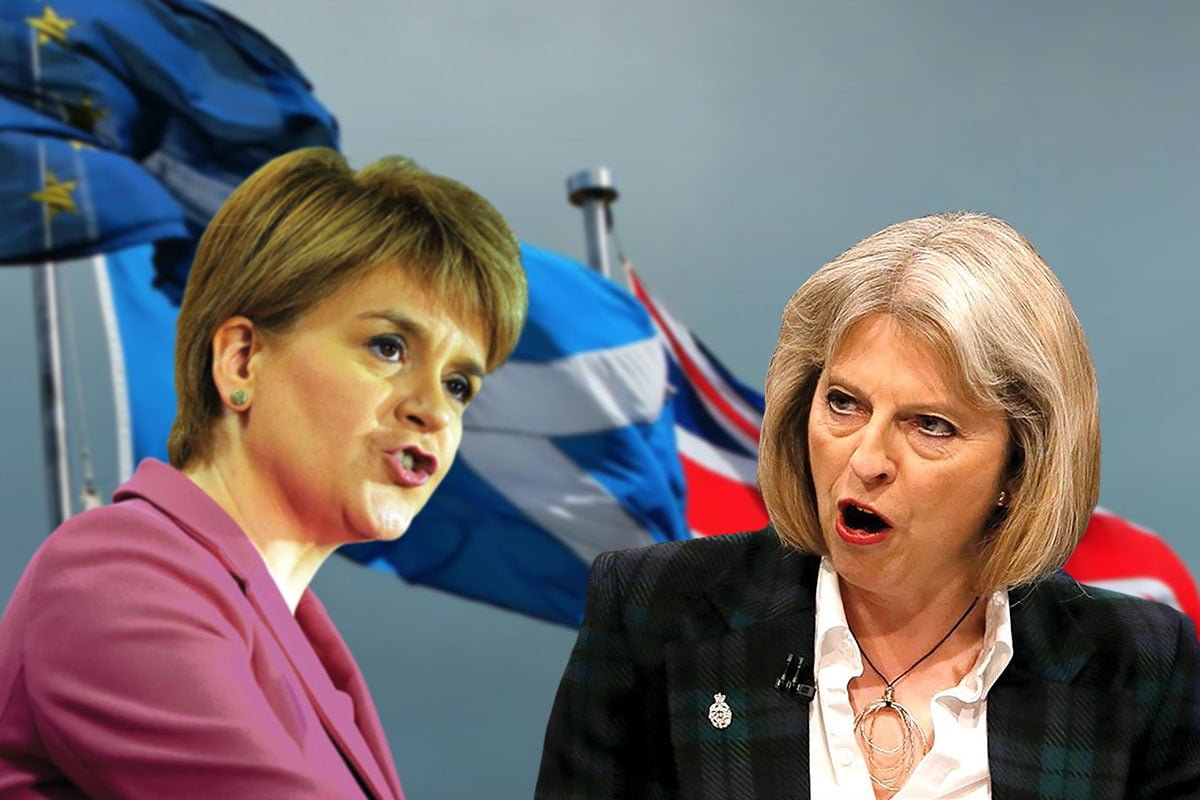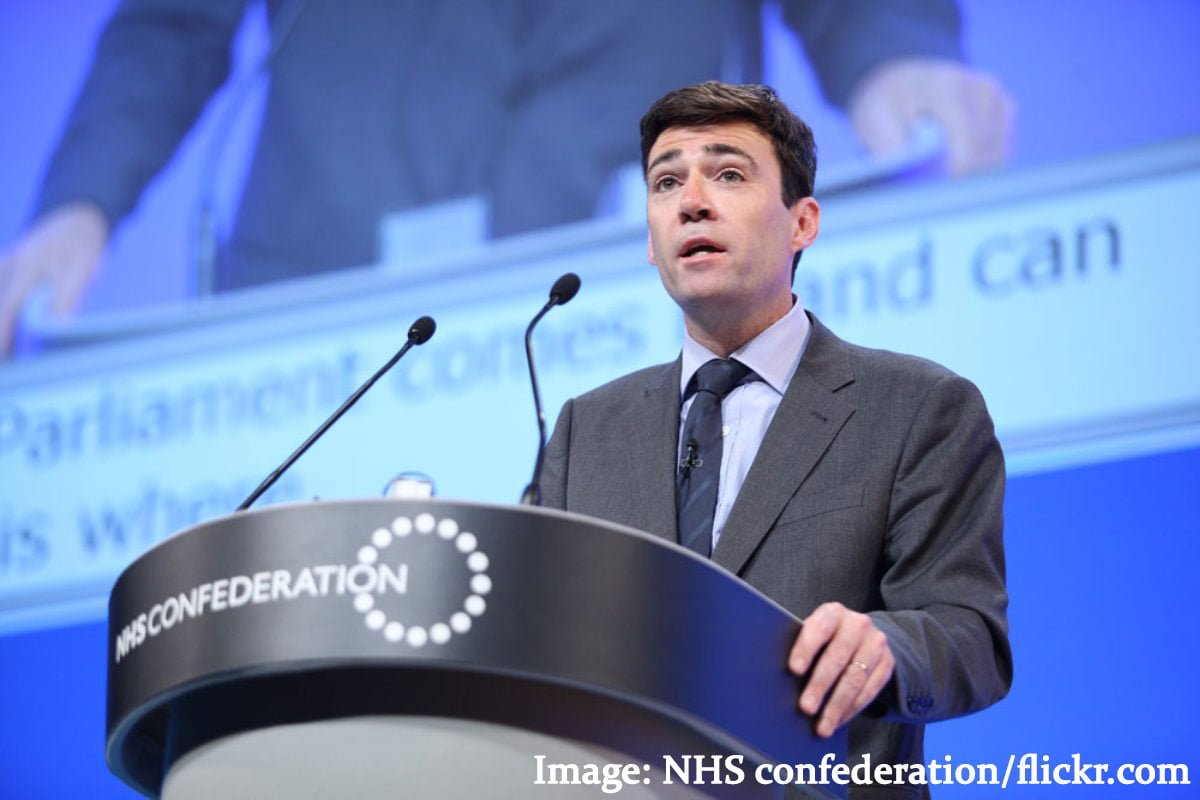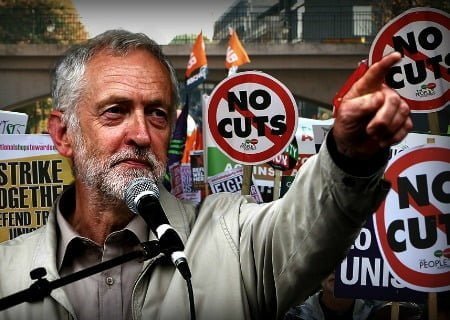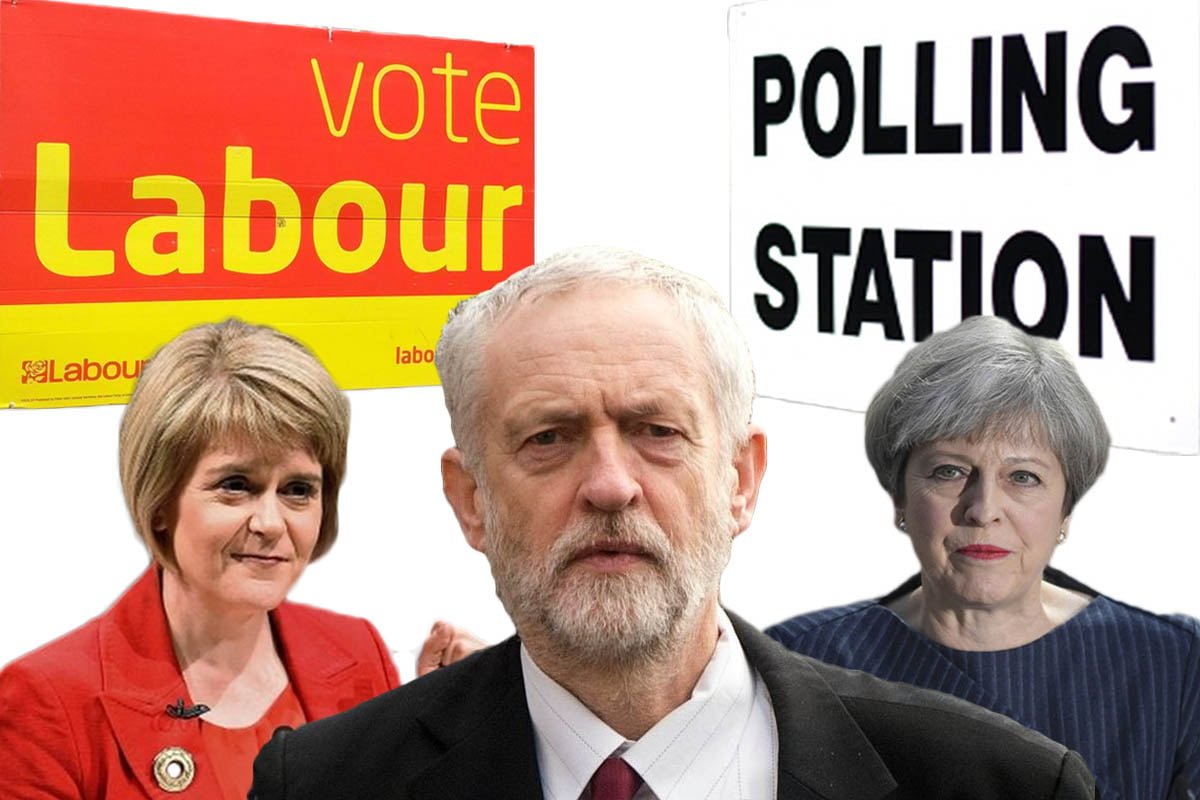Last week’s local election results have important lessons for Labour. It was not the meltdown that some were predicting, but it was nevertheless a poor result. Corbyn must now throw caution to the wind and go on the offensive. This is the only way to defeat the Tories and “overturn their rigged system”.
Last week’s local election results have important lessons for Labour. It was not the meltdown that some were predicting, and are still suggesting, but it was nevertheless a poor result. The Conservatives gained more than 550 council seats, while Labour lost more than 330 seats. UKIP lost all but one of the 140 seats it was defending.
National vote share projections based on the local election result give 38% to the Tories, 27% for Labour and 18% for the Lib Dems, with UKIP plunging to just 5%.
Labour won mayoral races in Doncaster, North Tyneside, the Liverpool metro region and Greater Manchester and held on to seats it was expected to lose. However, it did badly in Scotland, losing control of Glasgow and was pushed into third place behind the Tories. The Tories even picked up seats in some of the most deprived parts of the country, including Glasgow Shettleston and Ferguslie Park in Paisley.
Another shock came in the mayoral election for Tees Valley, which covers Darlington, Hartlepool, Stockton, Middlesbrough, Redcar and Cleveland. This was a former Labour stronghold without a single Conservative council among the five areas voting. Here Tory Ben Houchen beat Sue Jeffrey, the Redcar council leader, by 48,578 votes to 46,400. Labour could only take comfort in the low turnout of 21 per cent. Meanwhile, Labour also lost in Merthyr, Derbyshire and the West Midlands – the last a region that in 2015 voted Labour over the Tories by 42% to 33%.
Jeremy Corbyn issued a statement acknowledging some of the problems the Labour Party faced: “The results were mixed. We lost seats but we are closing the gap on the Conservatives.” He insisted that Labour could still win the general election, though admitting that it was a “challenge on an historic scale”.
While the Tories gained ground, the predicted Liberal Democrat surge failed to materialise. At the same time, UKIP was annihilated, losing the bulk of its support to the Tories. The former UKIP MP Douglas Carswell, who defected from the Conservatives, said it was “over” for the party. Arron Banks, the multi-millionaire who financed UKIP but left the party, said it “is finished as an electoral force”.
The Brexit factor
 Clearly, Brexit was a factor in how people voted. Theresa May’s hard Brexit stance and nationalist, chauvinistic rhetoric has attracted all the Brexiteers, resulting in UKIP’s meltdown. As former SNP leader Alex Salmond commented, the Tories have “eliminated UKIP by becoming UKIP”.
Clearly, Brexit was a factor in how people voted. Theresa May’s hard Brexit stance and nationalist, chauvinistic rhetoric has attracted all the Brexiteers, resulting in UKIP’s meltdown. As former SNP leader Alex Salmond commented, the Tories have “eliminated UKIP by becoming UKIP”.
At the same time, with the Brexit negotiations set to dominate British politics for the next two years, many voters – particularly in Leave-voting areas – are unsurprisingly put off by a Labour Party that has no clear position or alternative on this central issue. If Brexit is going to happen, many will reason, we might as well vote for the party that knows what it wants.
In Scotland, however, it is the national question that now dominates politics, with the SNP, representing the forces of independence, winning the election convincingly. The Tories, meanwhile, have become the representatives of hard-faced Unionism. The Labour Party, which opposes a second independence referendum, has been squeezed out as a consequence of the polarisation over the national question. Labour in Scotland has now been effectively marginalised as a political force.
A party divided
So what were the reasons behind Labour’s poor showing in the local elections?
The bulk of Labour’s local election campaign was fought on local issues, with candidates deliberately turning their backs on Corbyn and the national leadership. They believed that this tactic, advocated by the party’s right wing, would help them. But after years of cuts to local services, with Labour councillors doing the bidding of the Tory government, is there any wonder there was no enthusiasm for Labour locally? A supposedly anti-austerity party has been carrying out austerity for years at a local level. Labour councillors have tried to blame central government, but they have been the executioners of the cuts. This is what “Labour values” amounted to.
Furthermore, these councillors (and former councillors) are not supporters of Corbyn, but are overwhelmingly from the right wing of the party. They were correctly seen by many as a continuation of the same old gravy train of the past, feathering their own nests whilst administering Tory cuts. This is why Labour lost seats.
At the same time, the Labour Party is seen as being divided and in chaos, following two years of endless attacks on Corbyn by his own MPs. These right-wingers have undermined him at every turn, embroiled in constant sabotage and attempts to stab in the back. It is these rogues and scoundrels and their actions that are ultimately responsible for Labour’s poor showing.
Of course, this has been their intention all along – to rubbish Corbyn and the left-wing leadership around him. They hope for electoral defeat, following which they will once more try to remove him.
Mayoral elections

The most significant electoral setback was in the West Midlands, where Andy Street, the former boss of retailer John Lewis, won narrowly. He received 238,628 votes, with Labour’s Siôn Simon gaining 234,862. Simon, joining in the anti-Corbyn chorus, blamed national issues for his defeat and stated that Labour voters had lost confidence in the party because of the leadership.
In this respect, Simon is only continuing the consistent Blairite tirade against Corbyn that has been going on since the Labour leader was first elected 20 months ago, reading from the same universal script as the rest of the Labour Right.
Everything is being done to humiliate Corbyn publicly. Even when Corbyn went to Manchester for a rally to celebrate Labour’s victory in the mayoral election, Andy Burnham refused to meet him, preferring to celebrate with his chums in a posh restaurant. He then made it clear that he considered his win to be a personal victory, nothing to do with Corbyn and the Labour Party. If he had really felt that way, however, he should have stood as an independent.
“This is the dawn of a new era,” Burnham asserted, “not just for this city region, but for politics in our country.”
“It has been too London-centric for too long. The old political and party structures haven’t delivered for all people and for all places. They have created this crisis in politics which we are living through now”.
In fact, this “new era” election only managed to secure a 28% turnout, hardly a ringing endorsement for the new mayor’s politics. In fact, this “crisis in politics” is a product of years of right-wing control of the Labour Party – which Burnham himself was a part of – and the impacts of the capitalist crisis, to which Burnham and his gang have no answers. Like Sadiq Khan in London, he will be busy building up his own power base in Manchester, and no doubt using this regional position as a platform from which to attack Corbyn and the national leadership in the future.
The turnout in these mayoral elections was shockingly low across the board, reflecting disillusionment with such regional power brokers, who remain so out of touch with ordinary people.
Throw caution to the wind
 Of course, local elections are different to general elections. For starters, the turnout is much lower in local elections (this time around it was only about 30%).
Of course, local elections are different to general elections. For starters, the turnout is much lower in local elections (this time around it was only about 30%).
Nevertheless, as Corbyn himself admitted, Labour now has a mountain to climb for the general election. The only hope of success is if the party unites behind Corbyn and campaigns vigorously on a bold socialist programme.
The task still remains, therefore, to cleanse the party of all the Blairite riff-raff by bringing back mandatory reselection of MPs. The party needs to be transformed from top to bottom, with class fighters democratically chosen at all levels to represent the interests of workers, the poor, and the youth. Regardless of the outcome of the general election, if this is not done, the careerist fifth column will continue to sabotage the party for its own ends.
With only weeks to go, time is running out to turn things around. At this late hour, there is nothing to lose and everything to win for Corbyn. The worst result would be for an ignominious defeat on the basis of a timid campaign.
Instead, Corbyn must now throw caution to the wind, taking inspiration from Melenchon’s campaign and “Rebellious France” movement, going on the offensive, and mobilising Labour’s hundreds-of-thousands of members on the basis of radical policies and anti-establishment rhetoric. Only in this way can we defeat the Tories and – in the words of Corbyn himself – “overturn their rigged system”.






